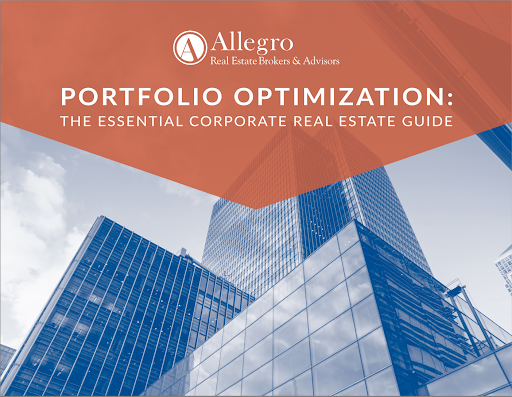When purchasing or selling real estate, you’ll likely come across a settlement statement.
These statements will provide a full disclosure of a loan’s terms. Most importantly, it will outline all of the fees and charges that are associated with the transaction and whether these costs are covered by the seller or purchaser. Included in these statements are several types of fees, which we’ve detailed below.
Note: Each state has different rules and regulations regarding the settlement fees—some put the payment responsibility on the Seller, while others the purchaser. Consult with a trusted real estate broker to help you define which party is responsible for which fee.
Owner’s Policy Premium
This is the amount that the purchaser of the policy pays for coverage, and it’s designed to protect the purchaser should a covered title problem arise.
Loan Policy Premium
The loan policy premium is usually based on the dollar amount of the purchaser’s loan, so the amount will vary. It’s designed to protect the lender’s interests in the property should a problem with the title arise, not necessarily the buyer.
Title Search & Exam
The title search and exam fee is typically charged by the purchaser’s closing attorney. This fee covers the cost of examining the title, and the time spent determining if there are any title issues such as breaks in the chain of title, or any unsatisfied mortgages, liens, or judgments that have been recorded. This also includes the exploration of public records to determine and confirm the legal owner of a property and uncover what (if any) claims of liens are on the property.
Survey Charges
Survey charges are the amount charged to determine and create a drawing of the property. A licensed surveyor will conduct a survey of the property to make sure that the property has not been encroached upon or has any other encumbrances.
Deed Transfer Tax
The total cost of deed transfer taxes depends on the state your business is in and the total price of the transaction. This tax is paid to cover the change of title or property ownership between both parties.
Mortgage Tax
A mortgage tax is a charge applied to document the loan transaction. This is a state-imposed tax and can even vary depending on the state or county.
Closing Fees
Closing fees include miscellaneous costs that are not included on the property’s price. Generally, closing costs are 3-5% of the cost of the property.
Recording Fees
Recording fees are charges levied by a government agency to register the real estate purchase or sale.
Settlement statements include several provisions that can sometimes be difficult to understand. In some settlement statements, the buyer pays. In others, the seller is responsible for covering the majority of costs. Other times, statements might split the responsibilities between both the buyer and seller.
Ready to speak with an Allegro team member?
Every state has its own regulations, and most importantly, it’s worth noting that many states’ fees allow for negotiations.
Not sure where to begin? Allegro is here to help you make sense of it all. Contact us today for your free 30-minute consultation.







